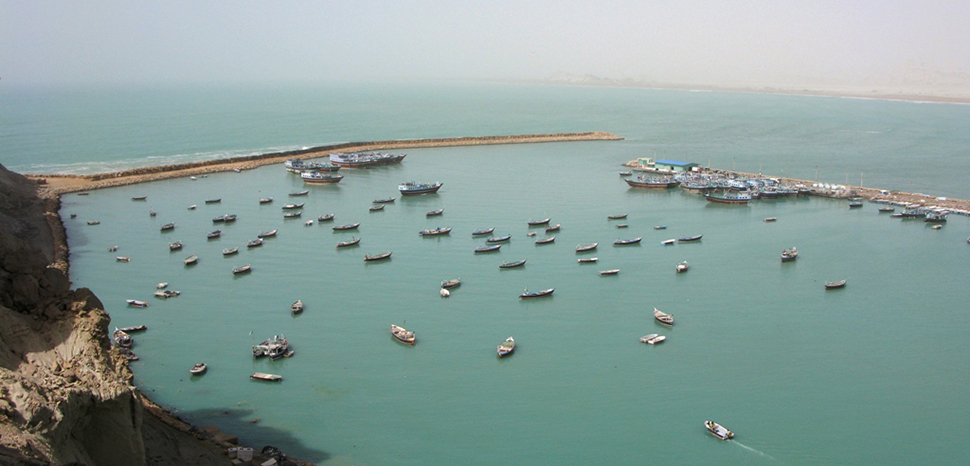Backgrounder: International North-South Transport Corridor (INSTC)

The International North-South Transport Corridor (INSTC), a significant transport initiative spanning more than 7,200 kilometers, is a clear illustration of the resilience and desire to enhance global interconnectedness in Eurasian trade. Designed to facilitate efficient cargo transportation between India, Russia, Iran, and Azerbaijan, among others, the INSTC has evolved into a critical geopolitical hub with serious implications for each participant and their respective regions.
Recent dialogue between India’s Defense Minister Rajnath Singh and his Iranian counterpart, Brigadier General Mohammad Reza Gharaei Ashtiyani, has refocused attention on this corridor. This backgrounder will consider the distinct roles and interests of the corridor’s four primary participants: India, Iran, Russia, and Azerbaijan. Special attention will be given to India’s current presidency of the Shanghai Cooperation Organization (SCO) and the intent to further develop the INSTC in line with the economic and geopolitical interests of these four nations.
Background of the INSTC
The INSTC was established in 2000 and ratified by India, Iran, and Russia in 2002. Its primary purpose was to provide an efficient trade route connecting the Indian Ocean and Persian Gulf with the Caspian Sea, extending further to Northern Europe. The corridor offers an attractive alternative to the traditional Suez Canal route, with the potential to reduce transit times by 40% and freight costs by 30%.
Understanding the strategic importance of the project, India views the INSTC as pivotal to the strengthening of ties with Central Asia, a region rich in hydrocarbons and of key geopolitical significance. That move was followed up by India’s ascension to full membership in the SCO. However, the project’s implementation was delayed due to sanctions imposed on Iran.
The Joint Comprehensive Plan of Action (JCPOA), signed by Iran and several world powers, including the US, in July 2015, momentarily alleviated these difficulties by lifting some sanctions and boosting prospects of the INSTC. However, the US withdrawal from the JCPOA in 2018, followed by the imposition of stricter sanctions on Iran, introduced new challenges, causing significant delays in infrastructure projects related to the INSTC.
No comments:
Post a Comment